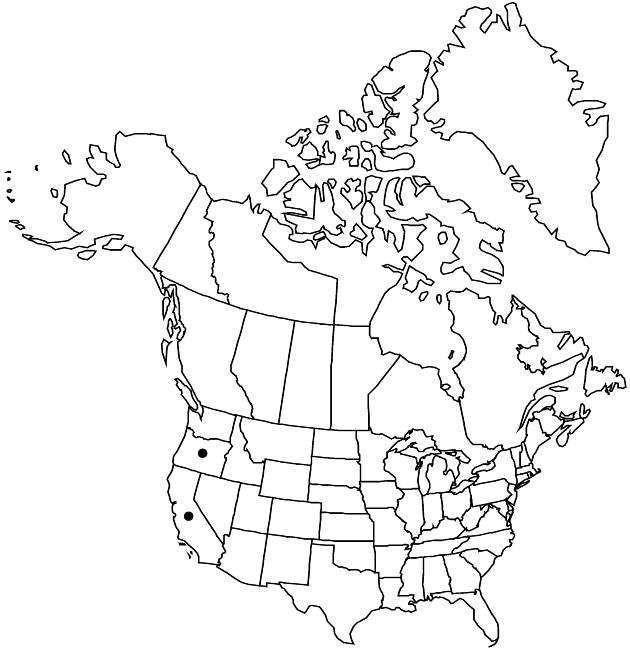Difference between revisions of "Brickellia greenei"
Proc. Amer. Acad. Arts 12: 58. 1877.
FNA>Volume Importer |
FNA>Volume Importer |
||
| Line 23: | Line 23: | ||
|elevation=800–2200 m | |elevation=800–2200 m | ||
|distribution=Calif.;Oreg. | |distribution=Calif.;Oreg. | ||
| − | |discussion=<p>A sweet odor is often associated with Brickellia greenei.</p> | + | |discussion=<p>A sweet odor is often associated with <i>Brickellia greenei</i>.</p> |
|tables= | |tables= | ||
|references= | |references= | ||
| Line 47: | Line 47: | ||
|publication year=1877 | |publication year=1877 | ||
|special status= | |special status= | ||
| − | |source xml=https://jpend@bitbucket.org/aafc-mbb/fna-data-curation.git/src/ | + | |source xml=https://jpend@bitbucket.org/aafc-mbb/fna-data-curation.git/src/8f726806613d60c220dc4493de13607dd3150896/coarse_grained_fna_xml/V19-20-21/V21_1265.xml |
|tribe=Asteraceae tribe Eupatorieae | |tribe=Asteraceae tribe Eupatorieae | ||
|genus=Brickellia | |genus=Brickellia | ||
Revision as of 15:31, 18 September 2019
Perennials, 20–50 cm (caudices woody). Stems branched, villous, stipitate-glandular. Leaves alternate; petioles 0–2 mm; blades 3-nerved from bases, ovate, 15–30 × 5–25 mm, bases rounded to truncate, margins evenly to irregularly serrate, apices acute, faces viscid-glandular. Heads borne singly or in open, cymiform arrays (each head subtended by leaflike bracts). Peduncles 0–2 mm. Involucres broadly cylindric to campanulate, 14–18 mm. Phyllaries (24–)36–42 in (3–)5–7 series, greenish or stramineous, often purple-tinged, 3–5-striate, unequal, margins narrowly scarious (apices acute to long-acuminate); outer lance-ovate to lanceolate (sparsely gland-dotted), inner narrowly lanceolate (glabrous). Florets 44–60; corollas yellow-green, often purple-tinged, 8–10 mm. Cypselae 5.5–7 mm, glabrate to hispidulous; pappi of 20–30 white, barbellate bristles. 2n = 18.
Phenology: Flowering Jul–Sep.
Habitat: Open rocky slopes, canyon bottoms, riparian areas, serpentine soils
Elevation: 800–2200 m
Discussion
A sweet odor is often associated with Brickellia greenei.
Selected References
None.
